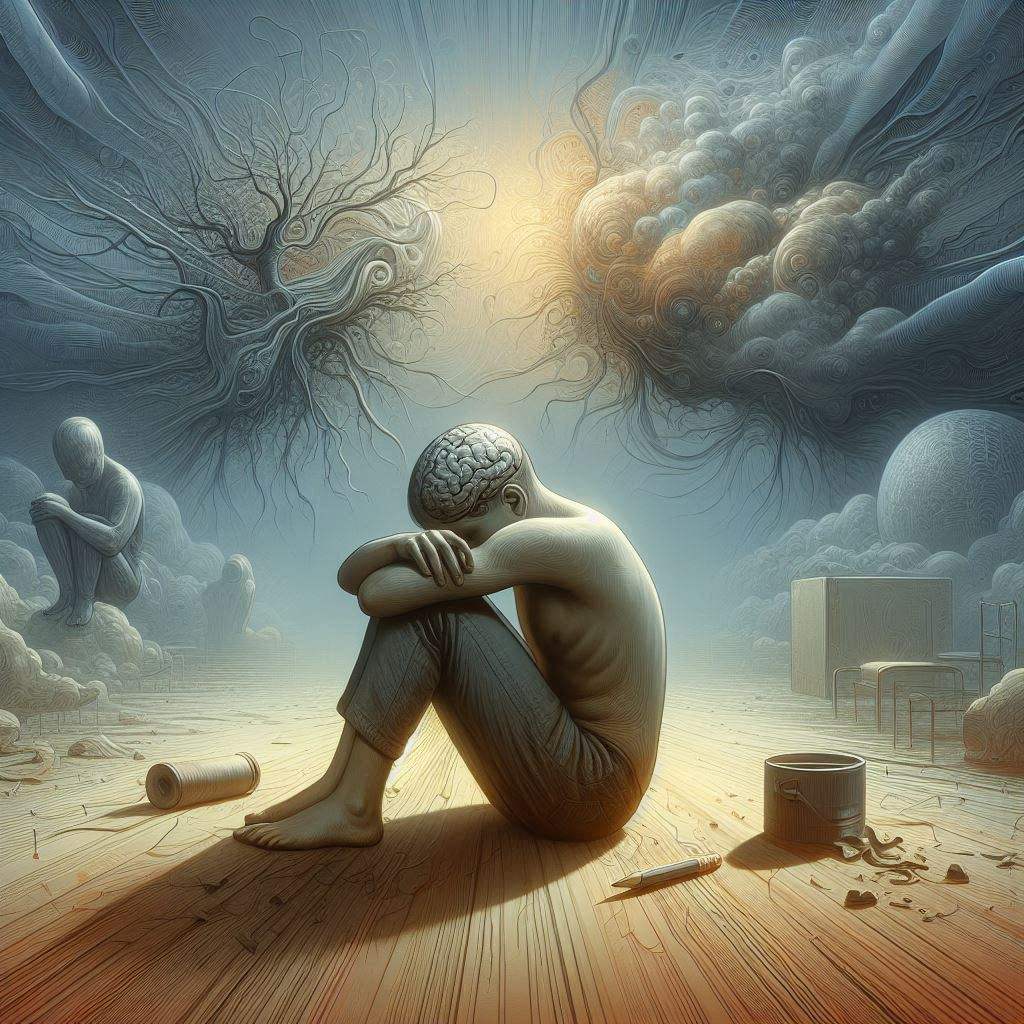What is depression?

Core Symptoms of Depression
To be diagnosed with depression, these symptoms need to persist for at least two weeks and represent a change from the person’s normal functioning. At least one of the symptoms must be either persistent sadness or a loss of interest or pleasure in activities.
Depression manifests in a variety of ways, but some key symptoms include:
Persistent Sadness or Low Mood
A constant feeling of sadness, emptiness, or hopelessness is one of the hallmark signs of depression.
Loss of Interest or Pleasure
People with depression often lose interest in activities they once enjoyed, whether it’s hobbies, socializing, or even eating.
Fatigue
A constant feeling of sadness, emptiness, or hopelessness is one of the hallmark signs of depression.
Sleep Disturbances
People with depression often lose interest in activities they once enjoyed, whether it’s hobbies, socializing, or even eating.
Appetite Changes
People with depression often lose interest in activities they once enjoyed, whether it’s hobbies, socializing, or even eating.
Difficulty Concentrating
Many people with depression find it hard to focus, make decisions, or remember things.
Feelings of Worthlessness or Excessive Guilt
Individuals may experience a strong sense of inadequacy or guilt, even over small matters.
Thoughts of Death or Suicide:
Individuals may experience a strong sense of inadequacy or guilt, even over small matters.
Why Understanding Depression is Important
Recognizing the signs and symptoms of depression is the first step toward getting help. Early detection and treatment can make a significant difference in recovery, helping individuals regain control of their lives and well-being. Understanding depression also helps break down the stigma that surrounds mental health, making it easier for people to seek the support they need. By learning about depression, we can better support ourselves, our loved ones, and our communities in the journey toward mental health.